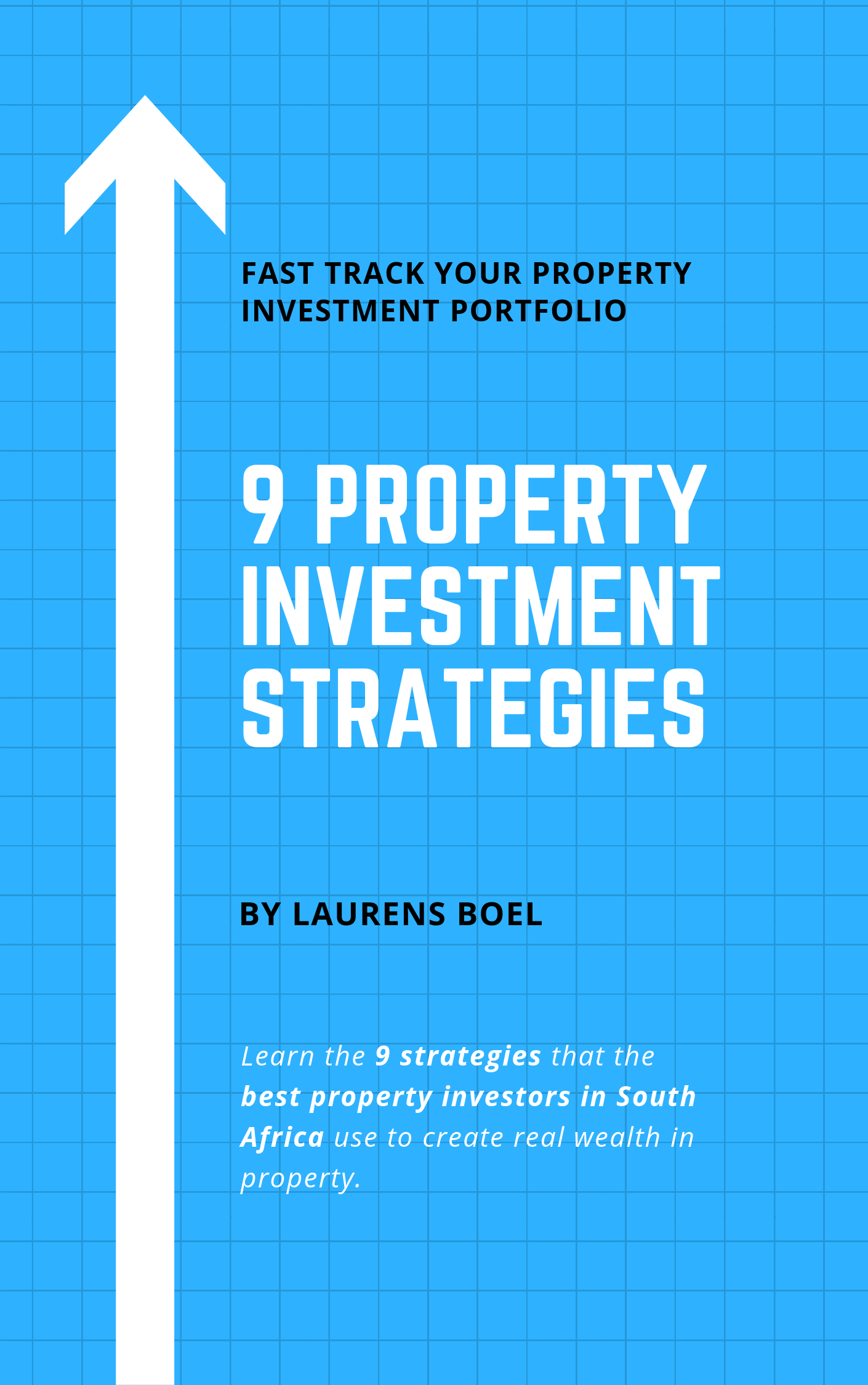South Africa’s regional property markets offer unique investment opportunities, with Cape Town, Johannesburg, and Durban standing out as major hubs. Each city has its own distinct characteristics and factors that impact property prices and rental demand. This article will explore each regional property market and provide insights into market trends, investment potential and key considerations for property buyers and investors.
Cape Town: The Mother City
Cape Town, known for its natural beauty and vibrant lifestyle, boasts a diverse property market. The city offers a range of options, from luxurious beachfront properties to up-and-coming suburban areas. Explore popular neighborhoods such as the Atlantic Seaboard, City Bowl, and Southern Suburbs, which attract both local and international buyers.
Consider factors such as the demand for short-term rentals due to tourism and the impact of seasonal fluctuations. Additionally, assess the potential for property appreciation in areas undergoing urban regeneration or benefiting from infrastructure development, such as the Cape Town CBD and surrounding suburbs.
- Market trends: Cape Town has experienced steady property price growth in recent years. According to Lightstone data, the average house price in the City Bowl area is around R6.5 million, showing no signs of stopping soon.
- Rental yields: The average gross rental yield in popular areas like Camps Bay and Sea Point is around 5% to 6%. For a property worth R5 million, this translates to an annual rental income of R250,000. It’s not great for cashflow, but the appreciation strategy works well here.
- Growth prospects: Areas like Woodstock and Observatory have shown significant potential for capital appreciation due to urban regeneration initiatives. For example, a property purchased for R2 million in Woodstock in 2015 could be worth R3 million in 2021.
Johannesburg: The Economic Powerhouse
Johannesburg, the economic hub of South Africa, presents a dynamic property market with a focus on commercial and residential properties. Johannesburg has a great low-income market which presents a unique investment opportunity for those seeking high rental yields. Otherwise, you can explore sought-after neighborhoods like Sandton, Rosebank, and Fourways, known for their upscale properties and proximity to business districts.
Consider the impact of factors such as employment opportunities, transportation infrastructure, and proximity to amenities on rental demand and property prices. Additionally, assess the potential for investments in new developments and mixed-use precincts that cater to the city’s growing urban population.
- Market trends: Johannesburg’s property market is diverse, with average house prices varying across neighborhoods. In sought-after areas like Sandton, the average house price is approximately R3.5 million.
- Rental yields: Rental yields in areas like Rosebank and Fourways range from 6% to 7%. For a property worth R2.5 million, this could result in an annual rental income of R150,000. Higher income areas in Johannesburg are not good for rental yields. You’ll need to go into lower income areas for positive cashflow.
- Growth prospects: Developments such as the Johannesburg CBD regeneration project and the expansion of business districts like Sandton contribute to the city’s growth. An investment of R300k in an apartment in Braamfontein in 2016 may have appreciated to R600k in 2021.
Durban: The Coastal Gem
Durban, located on South Africa’s east coast, offers a mix of residential and holiday property opportunities. The city’s warm climate, beautiful beaches, and relaxed lifestyle attract both local residents and tourists. Explore areas such as Umhlanga, Berea, and Morningside, which offer a range of properties catering to different budgets and preferences. Consider factors such as proximity to the beach, access to amenities, and the growth potential of areas undergoing urban renewal or benefiting from infrastructure projects, such as the Durban Point Waterfront.
- Market trends: Durban offers relatively more affordable property prices compared to Cape Town and Johannesburg. The average house price in areas like Umhlanga is approximately R2.5 million.
- Rental yields: Rental yields in popular areas like Berea and Morningside can range from 7% to 8%. For a property worth R900k, this could generate an annual rental income of R60,000.
- Growth prospects: The Durban Point Waterfront development has transformed the area, attracting investors. An investment of R1.2 million in a property in the Point Waterfront in 2014 could now be valued at R2 million.
Key Considerations for Investors
Before investing in any province, please make sure you educate yourself on finances and property. Make sure you have checked all the below considerations before choosing your region.
- Market Trends: Stay informed about market trends, including property price fluctuations, rental demand, and supply dynamics. Monitor factors such as economic growth, population growth, and infrastructure developments that impact property markets.
- Local Regulations: Familiarize yourself with local regulations, zoning restrictions, and compliance requirements specific to each city. Stay updated on any changes in property-related legislation that may affect your investment.
- Rental Demand and Yields: Assess rental demand and potential yields in each city. Consider factors such as student populations, tourist attractions, employment opportunities, and the presence of commercial hubs or business districts.
- Economic Factors: Evaluate the economic stability and growth potential of each city. Consider factors such as job opportunities, industry diversification, and foreign investment that contribute to the overall economic health and attractiveness of the region.
- Infrastructure Development: Stay informed about major infrastructure projects, transportation networks, and urban renewal initiatives in each city. These factors can have a significant impact on property values and investment potential.
Each city offers unique characteristics, market trends, and potential returns. By understanding the local dynamics, economic factors, and rental demand, investors can make informed decisions when considering property investments in these regions. Remember to conduct thorough research and consult experts.


